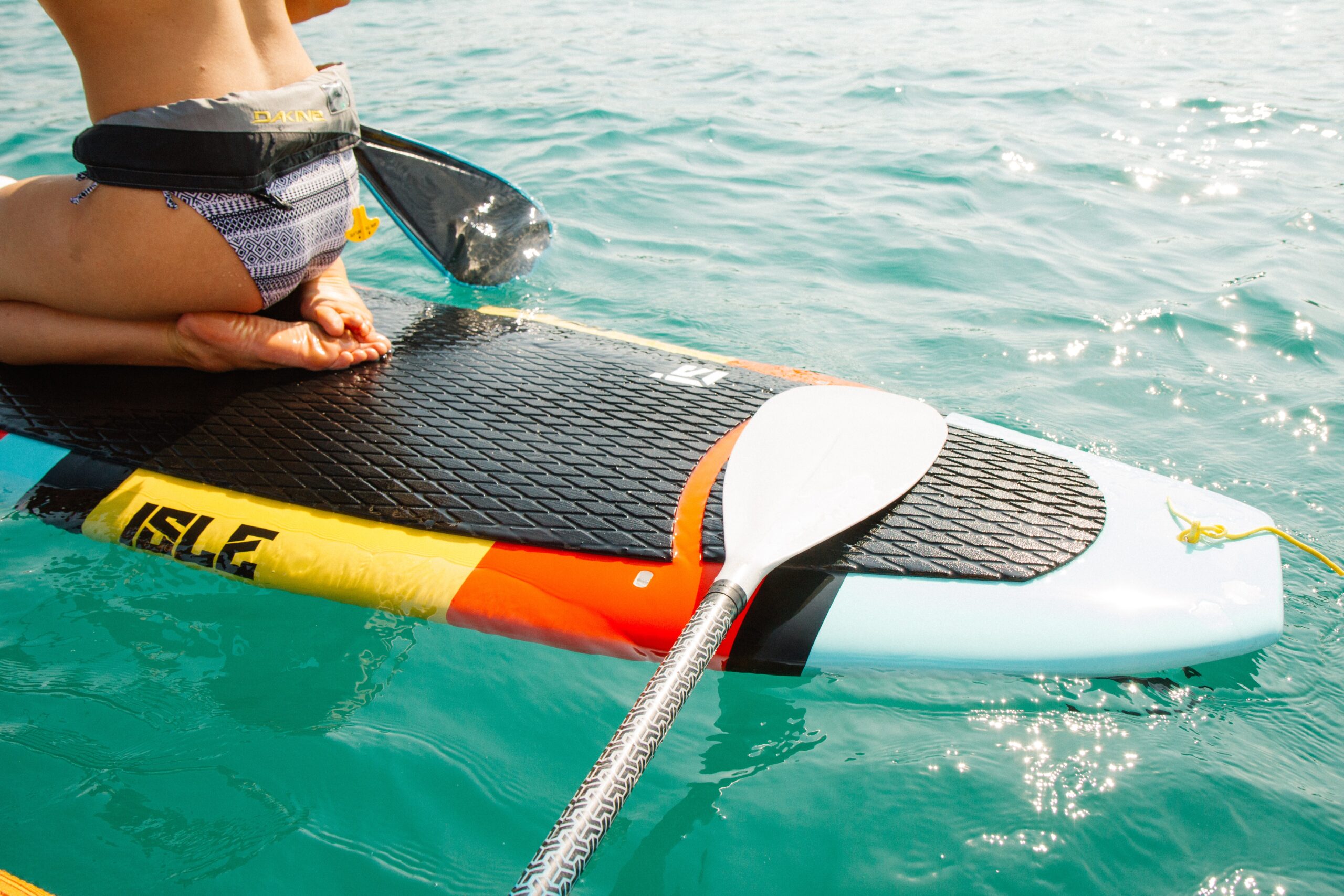Florida Adventure Therapy for Addiction Recovery
What Is Adventure Therapy?
Adventure therapy (also known as outdoor activity therapy) is a form of therapy which began in the 1960s. The therapy blends nature, community, and courageous exercises for therapy. The objective of adventure therapy is to improve an individual’s physical, social, spiritual, and psychological health through the restorative power of evidence-based therapy, recreational activities, and adventure outings. Adventure therapy assists addiction recovery clients as they overcome behavioral issues, substance abuse problems, or other mental health issues. In this environment, the adventure therapist seeks to energetically motivate clients with different tools.
Advantages of Outdoor Activity Therapy
- The activities are a robust therapy approach for anxiety, depression, trauma, PTSD, and addiction recovery.
- It is an exhilarating and useful aspect of family therapy.
- It is highly beneficial for a variety of behavioral health problems.

Get on the Road to Recovery
A treatment and recovery program tailored to you. Get the Help you need today!
How Does Adventure Therapy Work?
Outdoor activity therapy in Florida promotes recovery, growth, and development of a person's physical, social, and psychological health through the use of organized activities. Moreover, adventure therapy includes the use of activities supported by traditional therapy. Most times, this therapy is performed in a group, which lends itself to peer support and encouragement. In fact, after every activity, the group processes the exercise together. Using the natural environment can stimulate change by employing experience, trust, and problem solving. Processing involves a discussion in which therapists help clients adopt the experience and relate it to their addiction recovery goals.
Popular activities used in South Florida outdoor activity therapy for addiction include:
Outdoor Activity Therapy and Addiction Recovery
The non-traditional, therapeutic methods of outdoor activity therapy work well for treating alcoholism and drug addiction. It has been shown to be effective for individuals of all ages, genders, and experiences. Individuals participating in adventure therapy not only connect with others and learn to trust, but they also have the opportunity to heal in a stress-free, non-judgmental atmosphere. As a result, individuals are refreshed, motivated, and brimming with confidence. They are also more likely to rediscover self-trust, and self-honesty. Furthermore, this type of therapy has been beneficial in Florida addiction treatment facilities for individuals struggling with co-occurring disorders linked to addiction. It is also popular with clients, as it breaks up the monotony than can accompany intensive behavioral therapy.
How Are Outdoor Activities Beneficial to Getting Sober?
Outdoor activities assist in developing mindfulness during fun activities. Mindfulness is often lost during protracted addiction episodes. Also, one of the most important principles of adventure therapy is for clients to connect their own life experiences with a particular outside activity. Here, patients can gain a new sense of confidence and develop relationship and teamwork skills. For example, as patients learn how to rock climb, they can discover their need for interdependency or declare their needs for autonomy.
Clients who go through outdoor activity therapy have increased self-esteem, which is typically deficient during substance abuse. In fact, studies have shown a positive outcome for treating anxieties and low self-esteem through adventure therapy. Clients learn the importance of resilience and competence while trying to master adventure activities. For example, these emotions can help practice aptitude, which will be needed to maintain abstinence in the face of triggers and impulses. This is critical in the area of relapse prevention.

Cross-Benefits of Adventure Therapy for Addiction Recovery
- Promoting the idea of personal responsibility.
- Teaching teamwork and cooperation.
- Developing communication skills and conflict resolution.
- Increasing self-awareness.
- Improving resiliency.
- Inspiring openness and emotive discovery.
- Reducing symptoms of depression.
- Improving self-esteem and emotional/behavioral performance.
- Teaching healthy coping skills.








